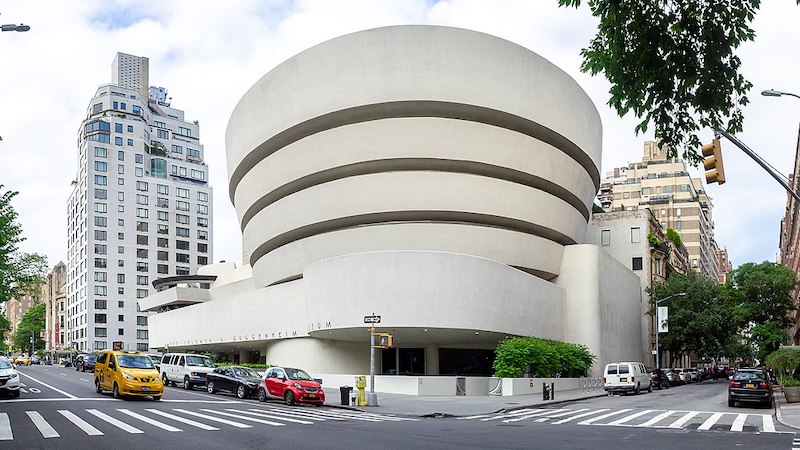
OVERVIEW
NEW WORDS
[responsivevoice voice=”US English Male” buttontext=”Play Audio”]
Nouns.
- admission (plural: admissions) the price required or paid for entering; an entrance fee.
- antique (plural: antiques) a decorative object or other work of art created in an earlier period, that is collected and valued for its beauty, workmanship, and age.
- archaeology the systematic study of past human life and culture by the recovery and examination of remaining material evidence, such as graves, buildings, tools, and pottery.
- archaeologist (plural: archaeologists) a person who studies human history and prehistory through the excavation of sites and the analysis of artifacts and other physical remains.
- archive (plural: archives) a place or collection containing records, documents, or other materials of historical interest.
- art the class of objects subject to aesthetic criteria, as paintings, sculptures, or drawings.
- art gallery (plural: galleries) a room or series of rooms where works of art are exhibited.
- artifact(plural: artifacts) an object produced or shaped by human craft, especially a tool, weapon, or ornament of archaeological or historical interest.
- artist (plural: artists) one, such as a painter, sculptor, or writer, who is able by virtue of imagination and talent or skill to create works of aesthetic value, especially in the fine arts.
- artwork a work of art, such as a painting or sculpture.
- audio guide/audio tour (plural: guides, tours) provides a recorded spoken commentary, normally through a handheld device, to a visitor attraction such as a museum.
- cloakroom (plural: cloakrooms) a room where coats and other articles may be left temporarily, as in a theater, museum or school.
- collection (plural: collections) a group of objects or works to be seen, studied, or kept together.
- curator (plural: curators) the administrative head of a museum, art gallery, or similar institution.
- dinosaur (plural: dinosaurs) any of a group of extinct often very large mostly land-dwelling long-tailed reptiles.
- exhibit (plural: exhibits) a public showing; an exhibition/
- exhibition (plural: exhibitions) a large-scale public showing, as of art objects.
- fine arts any of the art forms, such as sculpture, painting, or music.
- Greek mythology (plural: mythologies) the body of stories concerning the gods, heroes, and rituals of the ancient Greeks.
- guided tour (plural: tours) a visit to a place such as a museum with a guide who explains facts about the place.
- heritage anything that has been transmitted from the past or handed down by tradition.
- history a chronological record of events.
- Impressionist Painting (plural: paintings) The Impressionists painters, such as Monet, Renoir, and Degas, created a new way of painting outdoors by using loose, quick brushwork and lighter colors.
- landscape (plural: landscapes) an expanse of scenery that can be seen in a single view.
- Medieval Period/Middle Ages a period between the Roman empire and the Renaissance.
- monument (plural: monuments) an obelisk, statue, building, etc, erected in commemoration of a person or event or in celebration of something.
- mural (plural: murals) a large painting or picture on a wall.
- museology the systematic study of the organization, management, and function of a museum.
- museum (plural: museums) a building, place, or institution devoted to the acquisition, conservation, study, exhibition, and educational interpretation of objects having scientific, historical, or artistic value.
- myth (plural: myths) a traditional, typically ancient story dealing with supernatural beings, ancestors, or heroes that serves as a fundamental type in the worldview of a people,
- mythology (plural: mythologies) a body or collection of myths belonging to a people and addressing their origin, history, deities, ancestors, and heroes.
- natural history the study of animals and plants in the wild state.
- painting (plural: paintings) an artistic composition made by applying paints to a surface; a picture.
- pavilion (plural: pavilions) a usually temporary structure erected at a fair or show for use by an exhibitor.
- portrait (plural: portraits) a likeness of a person, especially one showing the face, that is created by a painter or photographer.
- pottery (plural: potteries) the art of shaping and molding all clays while soft and malleable and firing them in a kiln to render the created shapes firm and stable.
- prehistory human history in the period before recorded events.
- preservation the activity or process of keeping something valued alive, intact, or free from damage or decay.
- relic (plural: relics) something left from a past time.
- Renaissance Period a period of European cultural, artistic, political and economic “rebirth” following the Middle Ages.
- sculpture (plural: sculptures) the art or practice of shaping figures or designs in the round or in relief, as by chiseling marble, modeling clay, or casting in metal.
- sculptor (plural: sculptors) an artist who carves or models in stone, clay, wood etc.
- statue (plural: statues) a three-dimensional form or likeness sculpted, modeled, carved, or cast in material such as stone, clay, wood, or bronze.
- treasure (plural: treasures) wealth and riches, usually hoarded, especially in the form of money, jewelry and precious metals.
Adjectives.
- ancient dating from very long ago.
- historical concerned with past events.
- prehistoric belonging to the era before recorded history.
[/responsivevoice]
VISUAL VOCABULARY
- Let’s visit some famous museums in New York City
- Let’s visit some famous monuments and statues in New York City
- Let’s visit some famous museums in the United States
- Let’s visit some famous museums in Canada
- Let’s visit some famous museums in the United Kingdom
- Let’s visit some famous museums in Ireland
- Let’s visit some famous museums in Australia
- Let’s visit some famous museums in New Zealand
KEY PHRASES
GRAMMAR TIPS
ONLINE RESOURCES
United States
New York
Other Cities
Canada
United Kingdom
Ireland
Australia
New Zealand

